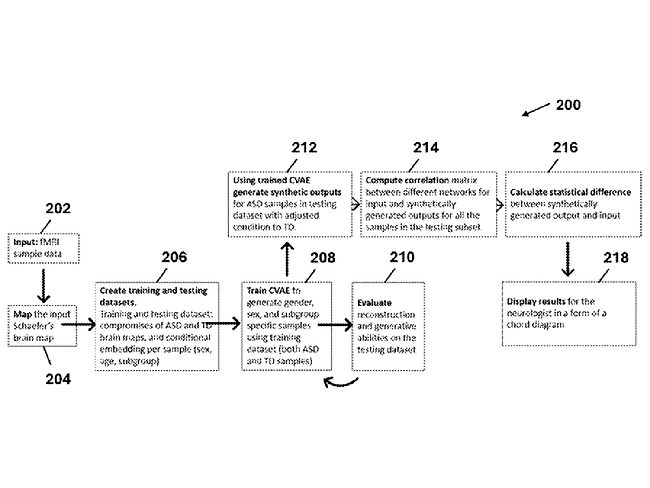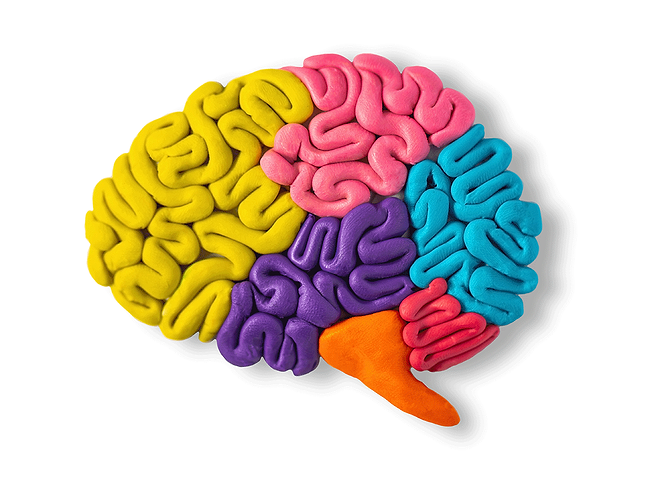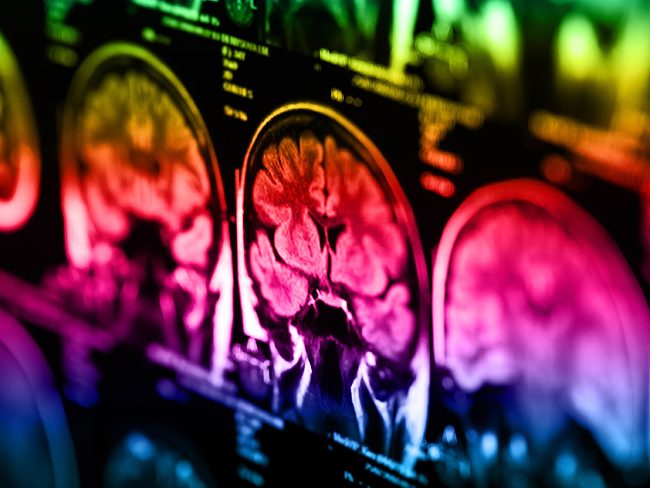
Articles Tagged with ''autism spectrum disorder''
Neurology/psychiatric
Complex cannabis extract improves complex autism spectrum disorder model
Read MoreNeurology/psychiatric
FDA grants orphan drug designation to BA-102 for Phelan-McDermid syndrome
Read MoreDrug design, drug delivery & technologies
Poly(A) tail mimetics boost gene expression in haploinsufficiency models
Read MoreNeurology/psychiatric
New preclinical data on NKCC1 inhibitor IAMA-6 in neurological disorder models
Read MoreNeurology/psychiatric





